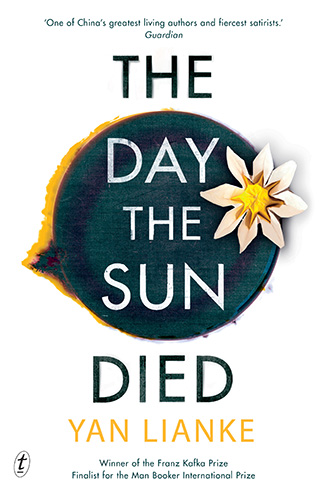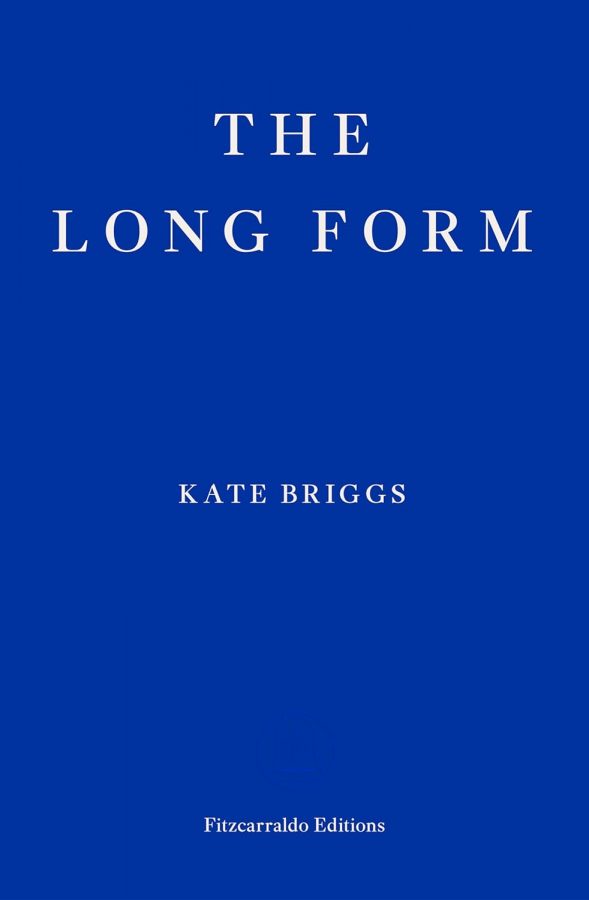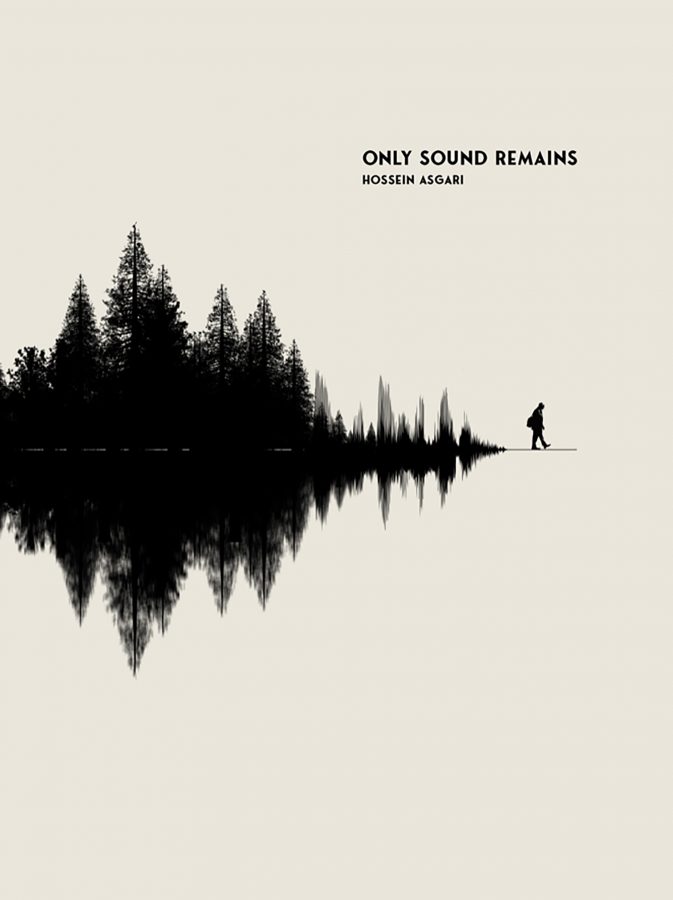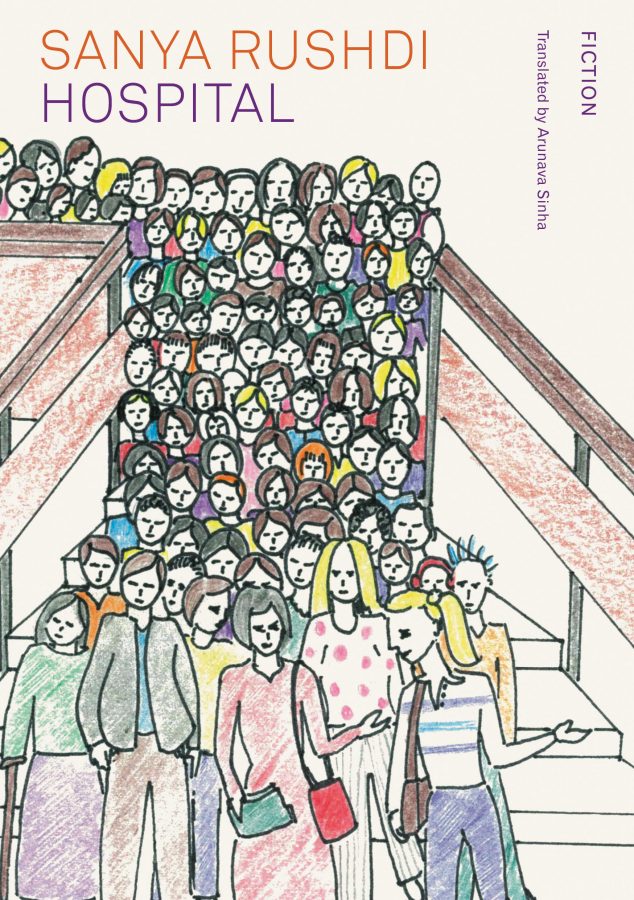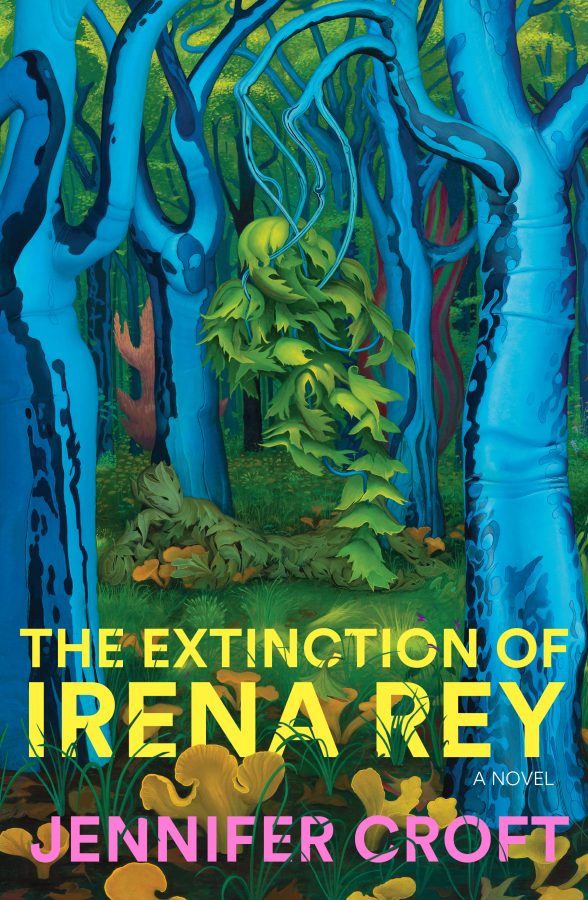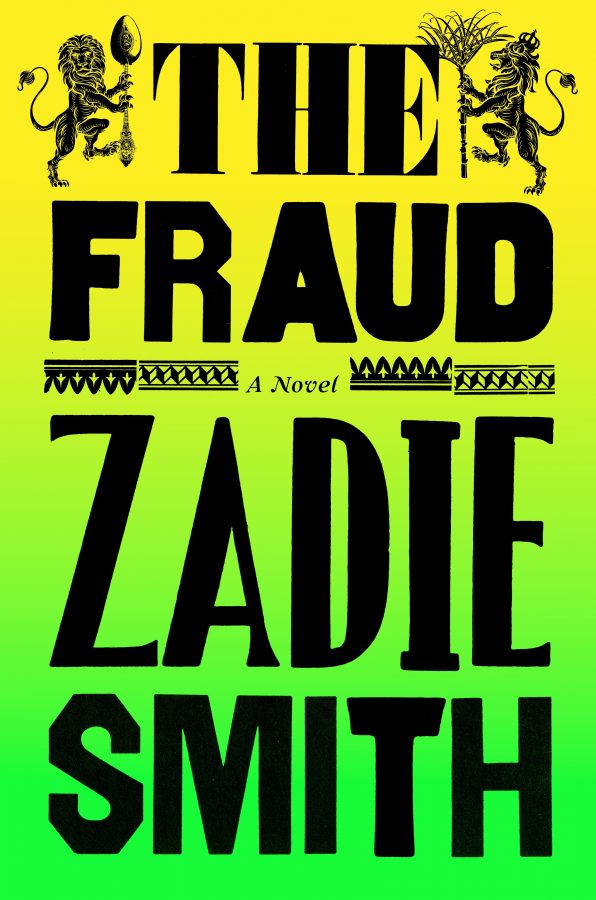History, Stephen said, is a nightmare from which I am trying to awake.
—James Joyce, Ulysses
Near the beginning of James Joyce’s 1922 novel Ulysses, Stephen Dedalus famously compared history to a nightmare. It was also in 1922 that Lu Xun penned the preface to his first short-story collection, Call to Arms (published in 1923), in which he asks whether he should try to use his writing to wake up his fellow countrymen still trapped in the proverbial ‘iron house’ of Chinese feudal values. In these almost simultaneous texts, two of the twentieth century’s leading modernist authors both equated history with sleep and dreams. Whereas Joyce’s Dedalus wants to awaken from the nightmare that is history, Lu Xun worries that his works might in fact succeed in rousing his blissfully oblivious readers, causing them to wake into a state of historical awareness for which they would then have no easy remedy.
Nearly a century later, Yan Lianke appeals to a similar set of oneiric metaphors in his novel The Day the Sun Died. Centred on a fourteen-year-old boy named Li Niannian, whose parents run a shop that sells items for funeral rituals and whose uncle runs a crematorium, the story describes a night during which most of the residents of the boy’s village suddenly start sleepwalking—or, to translate the Chinese term for somnambulism more literally, ‘dreamwalking.’ The community degenerates into chaos, as many villagers act out the urges that they had kept suppressed during their normal waking state.
Like Ulysses, which famously unfolds over the course of a single day (June 16, 1904), the main narrative of The Day the Sun Died takes place over the course of a single night, beginning at 5:00 PM on the evening of the sixth day of the sixth lunar month, and concluding early the following morning. The novel is divided into a series of ‘books,’ each of which opens with a header that notes a temporal interval using the traditional Chinese geng-dian system, and each book is then divided into sections that similarly open with a header that notes the corresponding temporal interval using the Western twenty-four-hour system. Although the year in which the novel is set is not specified, it is tempting to view the work’s thematization of dreams in the context of the popular political slogan, ‘the Chinese Dream,’ which Chinese President Xi Jinping first proposed in late 2012, declaring that ‘everybody has their own ideal, pursuit, and dream. Today everybody is talking about the Chinese Dream. I believe the greatest dream of the Chinese nation in modern history is the great renewal of the Chinese nation.’ In The Day the Sun Died, Yan Lianke focuses on what may be seen as the nightmarish underbelly of this emphasis on progress. In his novel, dreams are not equated with an optimistic faith in future development, but rather symbolize the way the individual and collective past continues to haunt the present.
The Day the Sun Died also features a character named Yan Lianke, who is a well-known author of books whose titles are permutations of novels by the real Yan Lianke. For instance, Dream of Ding Village becomes Ding of Dream Village, The Sunlit Years becomes The Years of Sun, Lenin’s Kisses becomes Kissing Lenin, and The Four Books becomes The Dead Books (in Chinese, the characters for four and death are homonyms). The novel also includes quotes from several of these fictitious texts, all of which are variations of passages from the real Yan Lianke’s corresponding works. Although knowledge of Yan Lianke’s earlier works is not required to appreciate The Day the Sun Died, it may be noted that many of these works similarly focus on the dark side of modern China’s rapid development. For instance, Dream of Ding Village is named after a fictional AIDS village in Yan Lianke’s home province of Henan, The Sunlit Years features a ‘cancer village’ in which all of the residents die of throat tumors before they turn forty, and Lenin’s Kisses is set in a remote village of disabled residents, who are exploited by a local official for financial gain. Through these fictitious communities of marginalized figures, Yan Lianke hopes to draw attention to actual communities and social phenomena that remain hidden in the shadows of contemporary China’s rapid growth.
Even as Yan Lianke’s dark vision has brought him considerable international recognition, it has also increasingly embroiled him with China’s censorship regime. In 2016 the Chinese edition of The Day the Sun Died won Hong Kong’s prestigious Dream of the Red Chamber Prize despite the fact that the novel was never published in Mainland China. Similarly, in 2014, when Yan Lianke was awarded the Franz Kafka Prize, it was in recognition of his entire oeuvre but specific recognition was given to two books translated into Czech—his novella Serve the People! and his novel The Four Books, both banned in Mainland China. Like many of Yan Lianke’s works, all three of these books were published in Taiwan by Rye Field Publishing Company, which is increasingly serving as the primary Chinese-language outlet for his works.
Coincidentally, Yan Lianke was awarded the Kafka Prize the same month he began writing The Day the Sun Died. In his acceptance speech for the prize, he tacitly anticipates some of the central motifs of that novel. He opens his speech by recalling his experience growing up during the period of China’s Great Famine of the early 1960s, which led him to develop ‘a very keen appreciation of darkness.’ He explains that even though today’s China ‘has solved the basic problem of providing 1.3 billion people with food, clothing, and spending money, [and] therefore resembles a bright ray of light illuminating the global East,’ nevertheless ‘beneath this ray of light there lies a dark shadow. It is as if the brighter the light, the darker the shadow becomes; and the darker the shadow becomes, the thicker the corresponding sheet of darkness.’ He adds that he feels he is ‘one of those people who are fated to experience dark- ness,’ and views his recent literary work as an attempt to represent and explore this darkness.
Although in this speech Yan Lianke was ostensibly referring to the works he had published up to that point, his remarks about light and darkness anticipate this new novel, The Day the Sun Died, which he had only just begun to compose. As with his metaphorical description of contemporary China as a world shrouded in darkness, in the novel he describes a community from which the sun—and all hint of light—has disappeared altogether.
Yan Lianke caps his speech with an account of a blind man from his home village who, every morning when the sun came up, would say to himself, ‘it turns out that sunlight is actually black—but that is good!’ Yan Lianke adds:
Even more remarkably, ever since he was young this blind man always had several flashlights, and whenever he went out at night he would always take one with him. The darker it got, the longer and brighter the beam from his flashlight would become. As a result, as he was walking through the village streets in the middle of the night, people would be able to see him coming and wouldn’t run into him. Furthermore, when people encountered him, he would use his flashlight to illuminate the road in front of them.
Yan Lianke offers this blind man as a model for his own literary projects, suggesting that he views his literature as a figurative flashlight to help others see a light that he himself is unable to perceive:
From this blind man, I came up with a new form of writing that is premised on a conviction that the darker it is, the brighter it becomes; and the colder it is, the warmer it becomes. The entire significance of this writing lies in permitting people to avoid its existence. My writing, in other words, is like the blind man with the flashlight who shines his light into the darkness to help others glimpse their goal and destination.
Yan Lianke not only hopes that his literature will offer readers a metaphorical ‘light,’ but further hopes that this light will help readers ‘perceive the existence of darkness,’ thereby allowing them to ‘more effectively ward off that same darkness and suffering.’
In this parable of the blind man and the lamp, Yan Lianke borrows, and partially inverts, Lu Xun’s famous metaphor of the iron house. Just as Yan Lianke compares his writing to a blind man with a lamp who helps guide others with a light that he himself is unable to see, Lu Xun describes how he ultimately resolved to compose stories that conclude with an optimistic twist, conveying to his readers a hope that he did not share. In this way, it may be said that Yan Lianke hopes to illuminate the darkness that underpins the contemporary Chinese Dream, and in the process help readers wake up from what Yan, like Joyce before him, suggests is the nightmare of history.
This is the Translator’s Preface to the Text Classics edition of The Day the Sun Died, published 20 August 2018. Details here.
